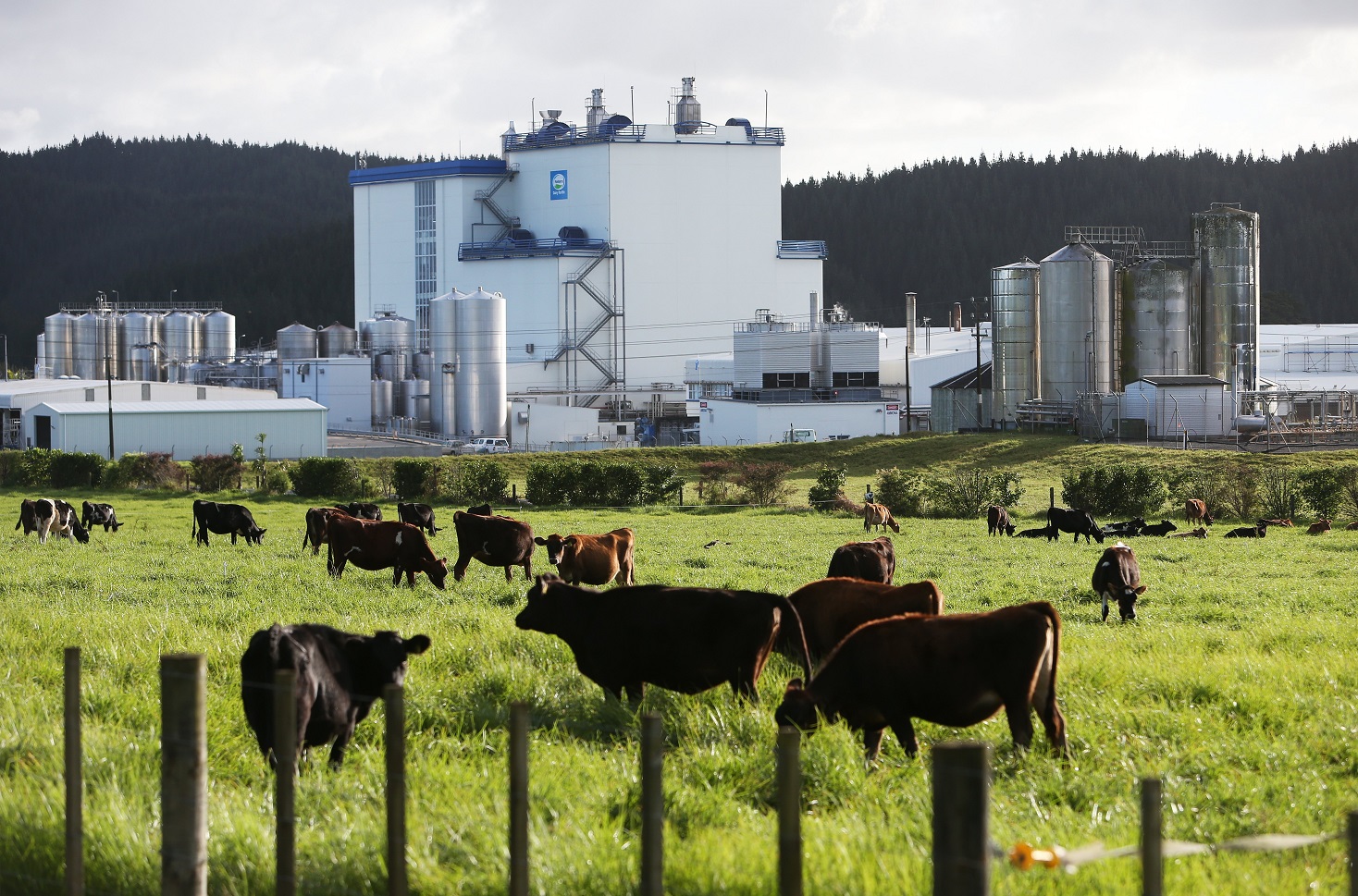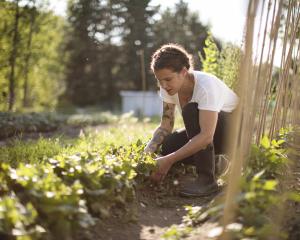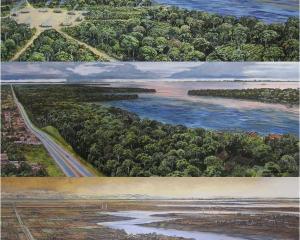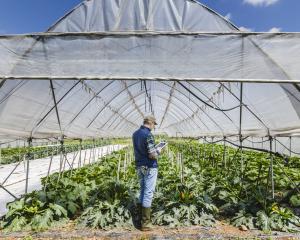

New Zealand’s Emission Trading Scheme (ETS) was designed to put a price on greenhouse gas emissions and to let market forces dictate the most efficient way to reduce emissions. When it was first implemented in 2008, the agricultural sector was given a grace period up to 2013 before their emissions would be included. In the lead up to 2013, Government invested millions of dollars to research agricultural emission reduction technologies and practices to increase carbon sequestration in farming.
As each deadline at which agriculture would be included in ETS approached, we have followed the same pattern — the agricultural sector makes claims about how it is too important to be put at risk, there are questions raised about the science of climate change and we are promised that new technologies to reduce agricultural emissions are just around the corner ... we just need to invest even more millions of dollars before they can be realised.
In the meantime, emissions continue to climb, and the agricultural sector becomes more locked-in to a high-emissions model. It feels very much like the Charlie Brown comic strip where Lucy promises that this time, she will not pull the football away at the last minute, but of course she does, and Charlie falls for it once again. How about we, the New Zealand public, stop being Charlie Brown?
We know that the relationship between agriculture and our environment is in severe crisis, and it needs to change. We have numerous reports that attest to this. For example, the state of Aotearoa’s atmosphere and climate report (2023) states that "emissions from human activities are putting pressure on our climate, which is adversely impacting the environment, communities, Māori interests, infrastructure, and the economy." Agriculture is a key driver (but certainly not alone). The State of Environment: Our Freshwater (2023) states that while the health of our freshwater ecosystems are central to our wellbeing and to our economy, many freshwater ecosystems have been degraded by the effects of excess nutrients and other contaminants from our land-based activities in rural and urban environments. Again, agriculture is a key driver (but not the only one). The more comprehensive Environment Aotearoa (2022) report identifies increased pressures on species and ecosystems, impacts on land and soil, loss of biodiversity, degradation of freshwater systems, declining health of our marine environment, changing climate, and air pollution. It calls for processes to make better decisions about our environment by better integrating the environment into policy. Again, agriculture is a key driver (but not the only one). Finally, we have the recently released Parliamentary Commissioner for the Environment report on land use change (2024) that states "we need to change the way we use our land if we want to hold the line on environmental quality, let alone improve it", and that we need to have hard conversations and address the hard questions about future land use decisions. Again, agriculture is central (but not alone).
We also have repeated surveys that demonstrate that the public cares deeply about freshwater quality and climate change. Yet the action and ambition to rethink the relationship between agriculture and the environment is constantly limited, blunted, and constrained. The agricultural sector focuses our attention on new technologies and innovations that will generate mythical win-wins of continued intensification and improved environmental outcomes. Or moral arguments are made about how we are feeding the world. Both arguments have been effective at propping up the sector’s social licence to operate.
Our number one agricultural export by value can hardly be called food, it is an ingredient for highly processed food. It is also completely irrational in the context of climate change, with changing weather patterns, to have so much invested in a commodity dependent on the extraction of water, and pollution of waterways, to grow grass, to feed cows, to produce milk, to use energy (that thankfully has largely shifted from coal to biofuels) to take the water out of the milk, to export it to the world as a low-value ingredient in highly processed food that we then buy back, often at higher prices.
How should the public respond? When will we actively question the social licence to operate? Will we demand more from agriculture — and lay claim to what we determine is acceptable and expected? How do we express our support for those in the agricultural sector that have truly embraced environmental challenges and have already invested heavily in terms of time, care and money in doing agriculture differently?
Or are our concerns about freshwater, climate change and the broader environment just things we say we like, but when it comes to the actual consequences of taking these issues seriously, we are happy to turn a blind eye, accept the trade-offs?
Sean Connelly is a senior lecturer in the University of Otago School of Geography. Each week on this page, writers address issues of sustainability.












